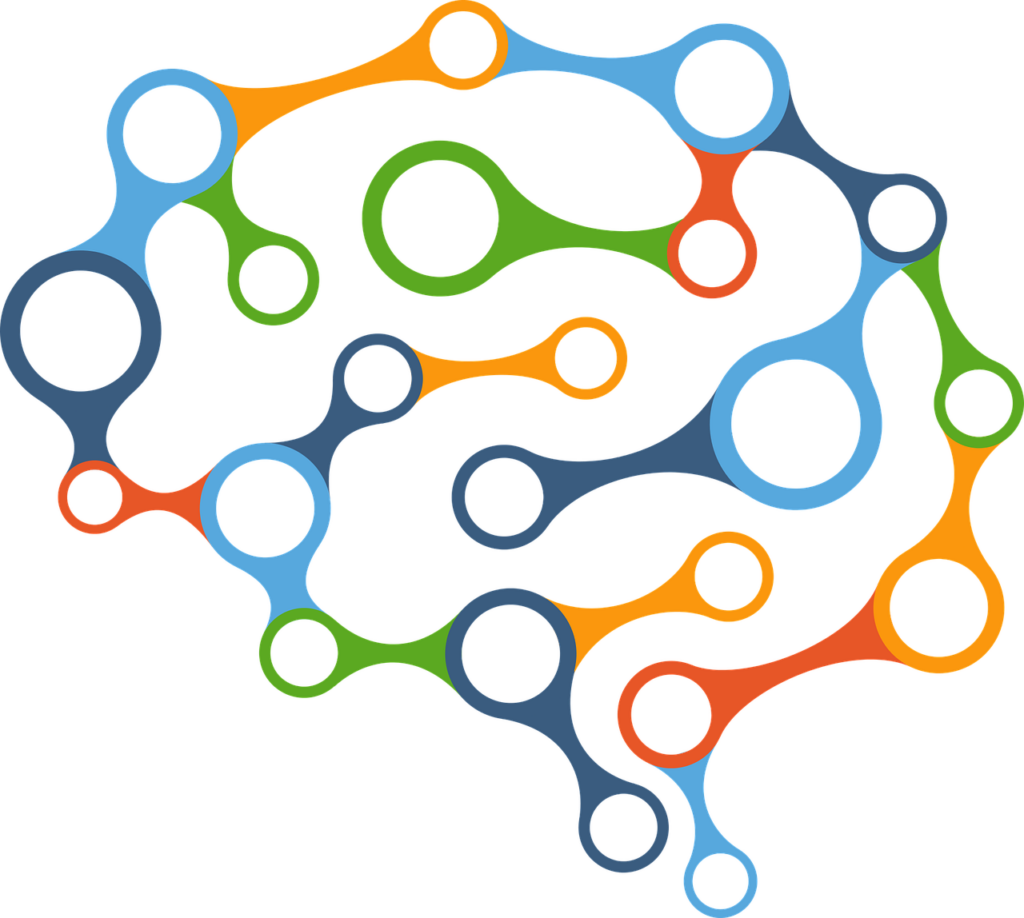In a world where daily pressures and demands are constant, stress has become an unavoidable part of life. However, not all stress is created equal. Stress Prevention Expert Paula Ruane warns that when stress becomes overwhelming and prolonged, it can cross into dangerous territory, leading to what is known as “toxic stress”. Unlike everyday stress that comes and goes, toxic stress can have long-lasting effects on both mental and physical health, affecting individuals of all ages.
Paula Ruane said, “It is critical that public awareness of the existence and impact of toxic stress on individuals is improved, and support is put in place to support those people who suffer from the debilitating impact on both mental and physical health that toxic stress can cause”
What Is Toxic Stress?
Toxic stress refers to extreme, prolonged exposure to stressors without adequate support or relief. Common sources include ongoing situations such as poverty, domestic violence, or chronic abuse. While short-term stress can motivate individuals to perform tasks or react to immediate threats, toxic stress overloads the body’s stress-response system, causing it to remain in a heightened state of alert. Over time, this chronic stress wears down the body and mind, leading to severe health problems.
The Psychological Toll
Toxic stress can have a profound effect on brain function and emotional wellbeing. “When individuals are exposed to toxic stress, the brain’s threat-detection system becomes hyperactive,” explains Paula Ruane. “This can cause individuals to perceive minor stressors as major threats, leading to anxiety, depression, and other mental health disorders.”
Children, in particular, are vulnerable to the long-term effects of toxic stress, with impacts on brain development and emotional regulation. Adults are not immune, as toxic stress can also lead to disorders like post-traumatic stress disorder (PTSD) and emotional dysfunction.
Physical Impact of Toxic Stress
It’s not only mental health that can be affected. Toxic stress is a major contributor to physical illnesses. Studies show that chronic stress can lead to cardiovascular disease, weakened immune systems, and even chronic conditions such as diabetes. The prolonged release of stress hormones, like cortisol, not only damages the brain but also weakens the body, leaving individuals more susceptible to infections and chronic inflammation.
“Toxic stress doesn’t only have a psychological effect,” says Paula Ruane. “It can impact physical health as well, impacting organs and systems in ways that can lead to serious, long-term health problems.”
Solutions and Interventions
Fortunately, there are solutions available for individuals suffering from toxic stress. Social support, such as strong family connections, friends, and mentors can have a positive impact on people and creating such networks can have a powerful impact on how people cope with and prevent stress.
There are also tools that can be learned and used to reduce and even prevent stressors from becoming overwhelming. HeartMath is just one and is a powerful tool that can help not only reduce levels of toxic stress but also prevent stress from reaching dangerous levels in the first place. By focusing on heart-centered techniques, HeartMath encourages individuals to regulate their emotions and manage their stress responses through breathwork, biofeedback, finding balance and focus.
These techniques help to create coherence between the heart and brain, reducing the release of stress hormones like cortisol and fostering a sense of calm and emotional balance. Regular use of HeartMath can equip individuals with the tools to recognise early signs of stress and respond proactively, preventing stress from escalating to toxic levels. With its proven ability to promote resilience and emotional regulation, HeartMath becomes an essential practice for maintaining long-term mental and physical health.
“The mind is incredibly resilient,” says Paula Ruane. “With the right support systems and therapeutic approaches, individuals can heal from the effects of toxic stress and live healthier, more balanced lives.”
END





